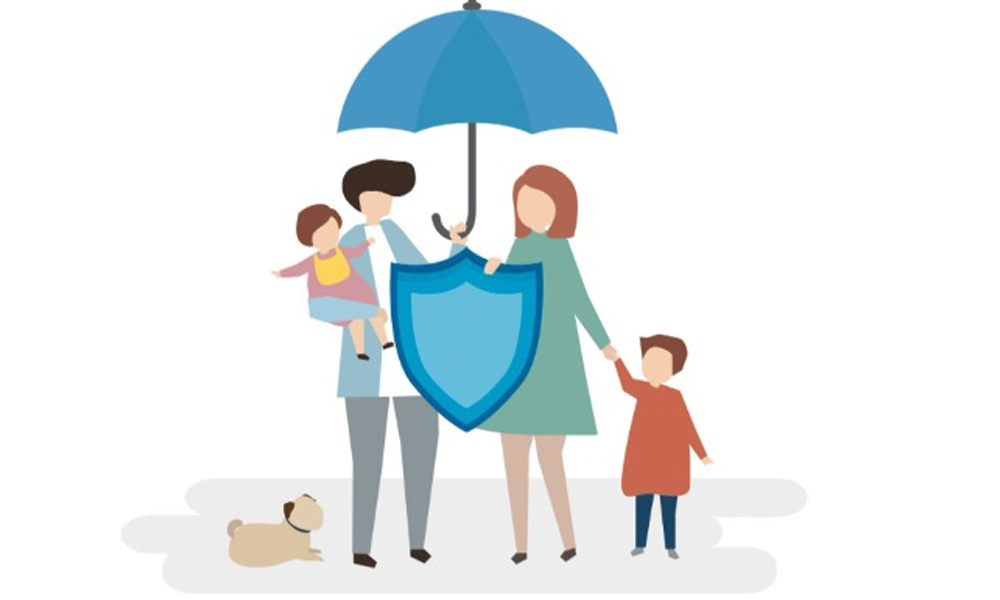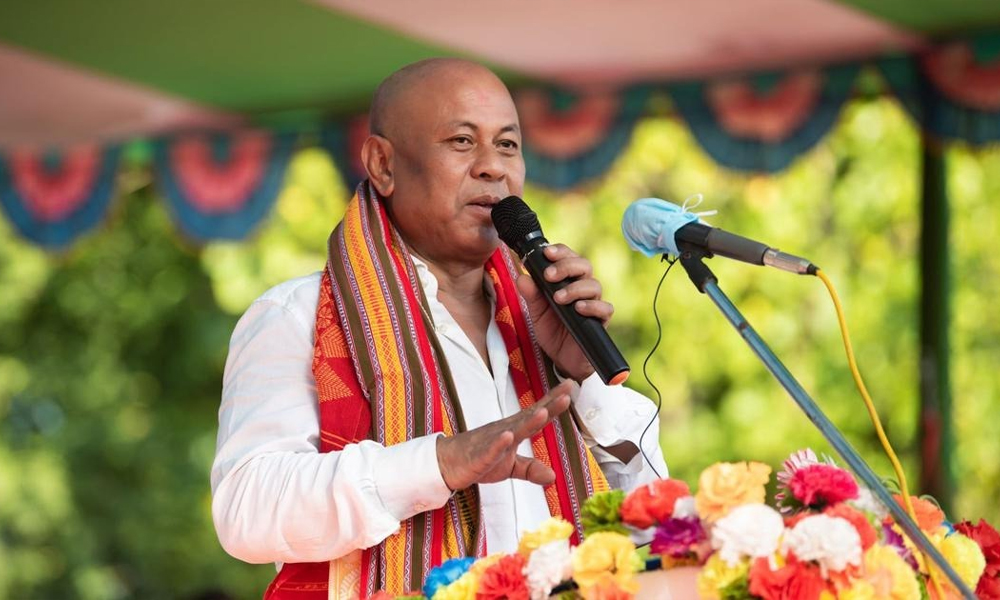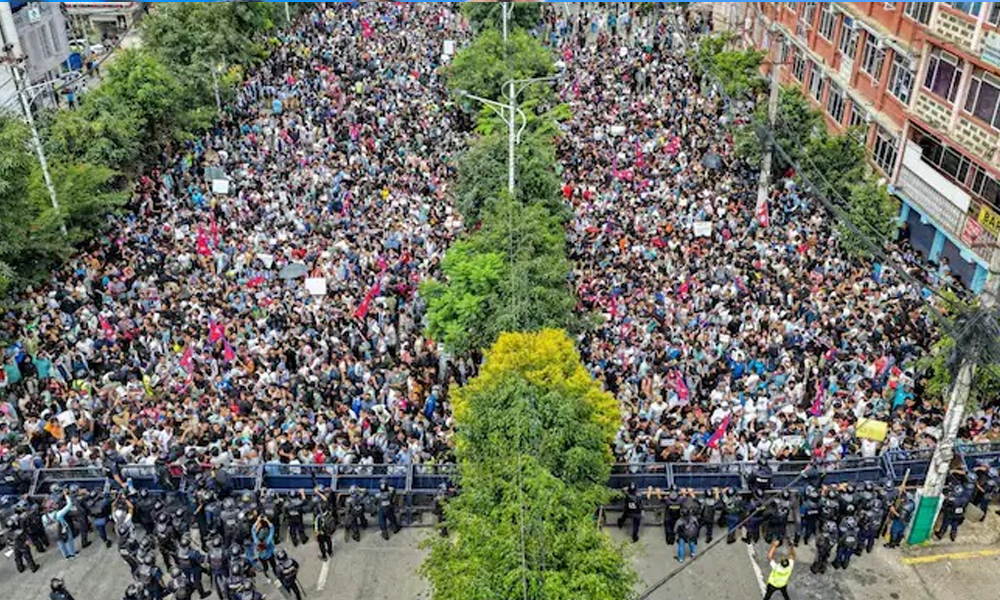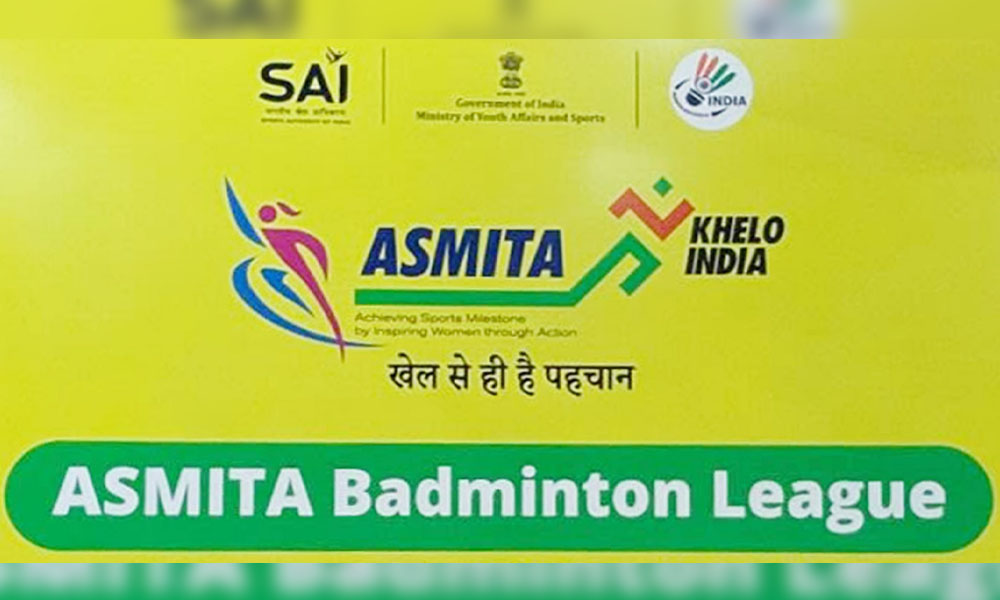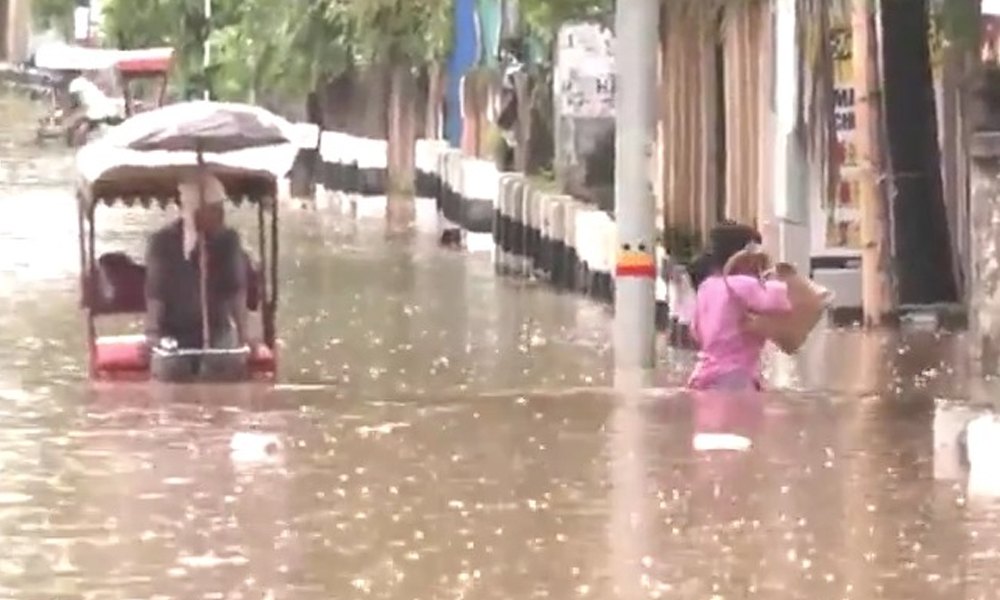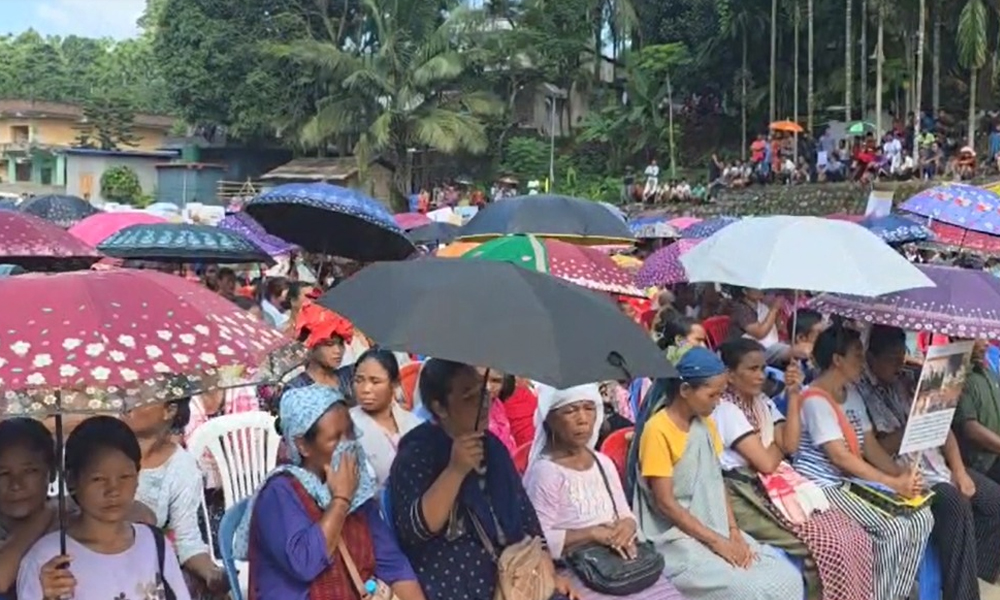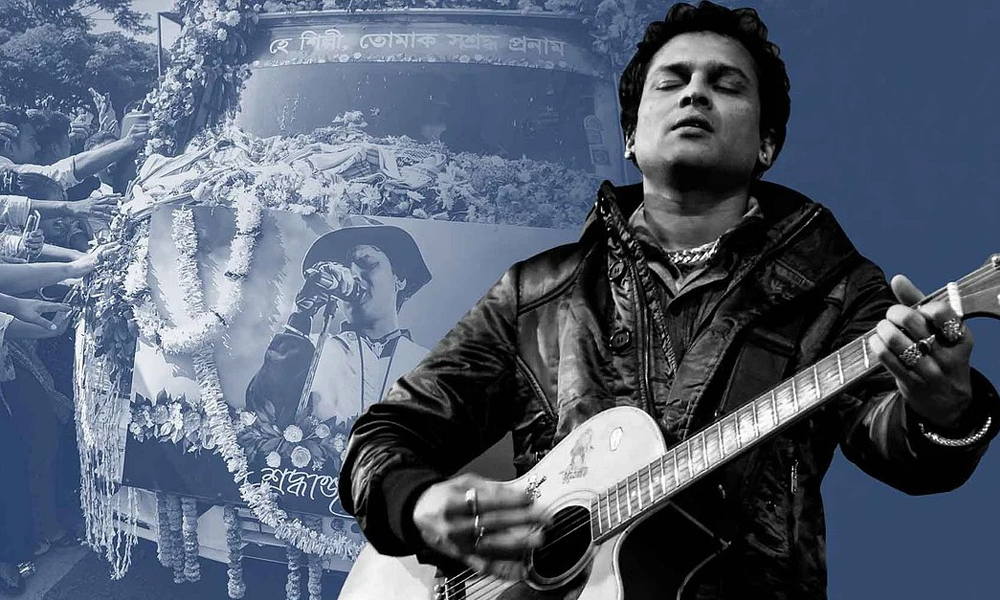The sun beat down on the steep slope where the prized Pinot grape grows as pickers recruited for the brief harvesting season and paid for what they picked hurried about in temperatures well above 30 degrees Celsius (86 degrees Fahrenheit).
Digital Desk: This year, Champagne grape pickers had to start
the harvest earlier than usual because climate change is forcing the country's
sparkling wine producers to reconsider how they create the highly sought-after
champagne.
The greatest drought on record and high temperatures have led to
widespread wildfires and water consumption restrictions throughout France. They
did, however, increase grape ripeness.
According to Charles Philipponnat, President of the family-owned
Philipponnat Champagne winery, which produces several hundred thousand bottles
a year, an August harvest, as opposed to early September last year, used to be
a once-in-a-lifetime occasion in Champagne but not anymore.
He stated at his winery in northern France that "it's
fairly evident that global warming is having an influence now."
The sun beat down on the steep slope where the prized Pinot
grape grows as pickers recruited for the brief harvesting season and paid for
what they picked hurried about in temperatures well above 30 degrees Celsius
(86 degrees Fahrenheit).
It's crucial to select the grapes before they ripen too much and
become naturally sweet.
Philipponnat declared, "I believe we've reached the tipping
point." "Global warming has so far aided harvest in good weather
without rain or excessive cold, with ripeness and little rot."
Producers all throughout France anticipate a decent vintage from
this year's harvest when it reaches the market, which is a relief after frost
and mildew fungus attacks decimated vines in 2021, something this year's dry
and hot weather helped prevent.
What's coming today might be overripe grapes, according to
Philipponnat. "We may need to adapt to summers that are excessively dry
since they will likely lead to additional issues. The way we make wine will require
us to change our oenology and viticulture. "
The grapes were picked earlier than in previous decades, and not
just for Champagne, as one of the initial steps.
The majority of France's significant wine regions began
harvesting roughly two weeks earlier this year, which winemakers predicted was
likely to be a long-lasting trend.
According to Laurent Pinson, a producer of Chablis wines in
Burgundy, in eastern France, "the wines may become different and we may
have to adapt to other grape varieties or cultivation practises that are a
little different from what we do now."
According to Pinson, harvesting there now often occurs in early
September with sporadic cuts in August, whereas it used to happen around
October in the 1980s.


